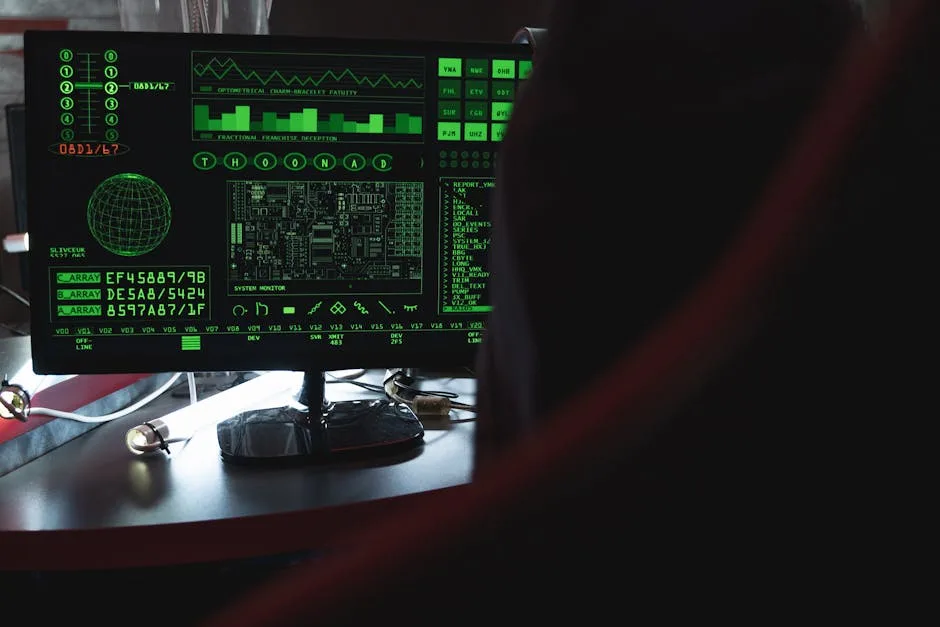
Microsoft has addressed a critical issue affecting dual-boot systems where Linux distributions failed to boot after installing the August 2024 Windows security updates. The problem, linked to Secure Boot Advanced Targeting (SBAT) revocations, impacted systems with Secure Boot enabled, particularly those running older versions of Ubuntu, Fedora, and Linux Mint1. This article provides a technical breakdown of the issue, affected systems, and remediation steps.
Summary for Decision Makers
The August 2024 Windows updates (KB5041585, KB5041587) introduced SBAT revocations to patch CVE-2022-2601, a GRUB2 Secure Boot bypass vulnerability. However, the update inadvertently revoked valid shim bootloaders on dual-boot systems, causing Linux to fail with errors like “SBAT self-check failed: Security Policy Violation”2. Microsoft has since released a temporary fix and is collaborating with Linux distributors to refine dual-boot detection logic.
- Affected Systems: Ubuntu (pre-24.04.1), Fedora, Linux Mint, and other distributions using older shim versions.
- Root Cause: SBAT updates incorrectly targeted dual-boot configurations due to detection failures.
- Solution: Apply Microsoft’s temporary fix or upgrade to patched Linux versions (e.g., Ubuntu 24.04.1).
Technical Details and Impact
The issue stemmed from Microsoft’s implementation of SBAT revocations, which are designed to block vulnerable bootloaders. The patch revoked shim versions that were still valid on dual-boot systems, breaking the Linux boot process3. Users reported errors such as “Something has gone seriously wrong” when attempting to boot Linux, with Secure Boot enabled. Community forums and Reddit threads documented widespread disruptions, comparing the incident to the CrowdStrike outage due to its impact on productivity4.
Microsoft acknowledged the problem, stating that the patch affected “customized” dual-boot setups where detection logic failed. The company has since worked with Linux partners to mitigate the issue, but the incident highlights the challenges of coordinating security updates across heterogeneous environments.
Remediation Steps
For immediate resolution, Microsoft recommends the following steps:
- Disable Secure Boot in BIOS/UEFI settings.
- Boot Linux and execute the command:
sudo mokutil --set-sbat-policy delete - Verify SBAT revocations are cleared:
mokutil --list-sbat-revocations - Re-enable Secure Boot and block future SBAT updates in Windows using:
reg add HKEY_LOCAL_MACHINE\SYSTEM\CurrentControlSet\Control\SecureBoot\SBAT /v OptOut /d 1 /t REG_DWORD
For a permanent fix, users should upgrade to Linux distributions with patched bootloaders, such as Ubuntu 24.04.1 or 22.04.55. Alternatively, a Live USB can be used to manually update GRUB or shim.
Relevance to Security Professionals
This incident underscores the importance of testing security updates in heterogeneous environments. System administrators managing dual-boot systems should prioritize patch validation and maintain backups of critical data before applying updates. The SBAT revocation mechanism, while effective against bootloader vulnerabilities, requires finer-grained detection to avoid collateral damage.
For organizations relying on dual-boot setups, Microsoft’s registry-based opt-out provides a temporary workaround. However, long-term solutions involve coordinating with Linux vendors to ensure compatibility with Windows security updates.
Conclusion
Microsoft’s resolution of the Linux boot issue demonstrates the complexities of securing multi-OS environments. While the temporary fix restores functionality, the incident highlights the need for improved cross-platform update mechanisms. Security teams should monitor future SBAT updates and validate them in test environments before deployment.
References
- “Microsoft shares temp fix for Linux boot issues on dual-boot systems,” BleepingComputer, Aug. 2024.
- “Latest Windows security update has broken Linux dual boot,” Microsoft Community, Aug. 2024.
- “Microsoft patch breaks Linux on dual-boot PCs, offers workaround,” The Register, Aug. 2024.
- “SBAT self-check failed: Mitigating the impact of shim 15.7 revocation,” Ubuntu Discourse, Aug. 2024.
- “How to solve Ubuntu not booting on dual-boot machines due to shim SBAT policy violation,” Peshmerge Morad, Aug. 2024.






